Careers in SynBio: Startup companies
As part of our continuing series on future careers in plant science I spoke to Dr. Ran Chao, Co-founder of LifeFoundry, a startup company aiming to expedite research and reduce cost in synthetic biology, about making the transition from graduate research to entrepreneur and what he looks for in new hires.
Can you tell us a bit about yourself and how you got to be where you are?
LifeFoundry was founded based on our graduate research at the University of Illinois. I always believe entrepreneurship is critical to the advance of technology. I kept thinking about commercialization when picking and working on research projects. With some luck and kind support from a number of people, we were able to bring what we developed in the lab to the market. It has been an extremely difficult but fulfilling process.

Dr. Ran Chao
What are you looking for in an employee?
We offer a variety of positions to engineers and scientists of different backgrounds. The traditional engineering positions include software and hardware engineering, robotic engineering, mechanical engineering. For biological research, we have openings for research scientists and research engineers. Both positions require basic training in molecular biology, biochemistry, microbiology, as well as a minimum of 2-year lab experience. Research scientists are expected to show rigorous logic in experiment design and break down the experiment into executable plans. Research engineers will then execute these research plans carefully and skillfully. What set our research scientist and engineers apart is that a lot of our experiments are run by an integrated robotic system. Although software engineers will help program the robots, the research scientists and engineers need to plan their experiments with the same level of rigor if not higher as if they are programming. When programming software on modern computers, you can test your code instantaneously and quickly debug. As the feedback loop is much longer for “programming” experiments, the research scientists and engineers need to have a much lower bug rate in the first place.
What is the biggest difference between academic and industry work?
Industrial research emphasizes a lot more on the following aspects comparing to academic research
1. Teamwork and communication.
2. High repeatability and traceability.
3. Prefer robust methods rather than fancy methods.
Many academics may argue that academic research is supposed to have high standards for all of the above. Unfortunately, industrial research is eventually judged by profitability and manufacturability. Academic research is mostly regulated by the good deed and dignity of the scientists.
Academic research tends to dig deeper into the mechanism. Industrial research sometimes gets things to work but no one knows why. However, we are seeing more investigative work in the industry as well, especially in synthetic biology. In many cases, you have to know why to make things work.
Do you have any advice for PhD and postdocs considering moving into industry/start-ups?
We would recommend post-doc and graduate students who are considering moving into the industry to spend more energy in information collection (read literature, patents, manuals, etc.) and design of experiments rather than laborious bench side operations. The future of biological research would require much less “craftsmanship” than today
For more information about careers at Life Foundry see here http://www.life-foundry.com/careers.html



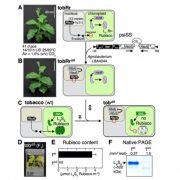
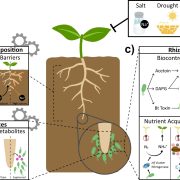
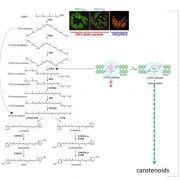
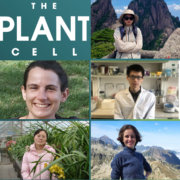
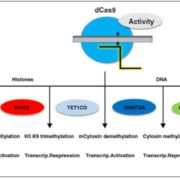


Leave a Reply
Want to join the discussion?Feel free to contribute!